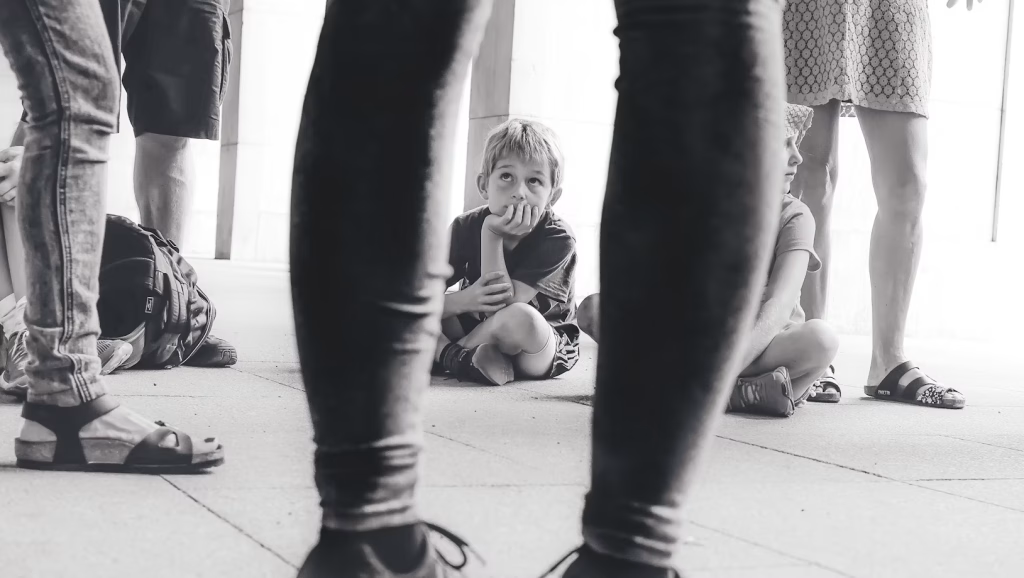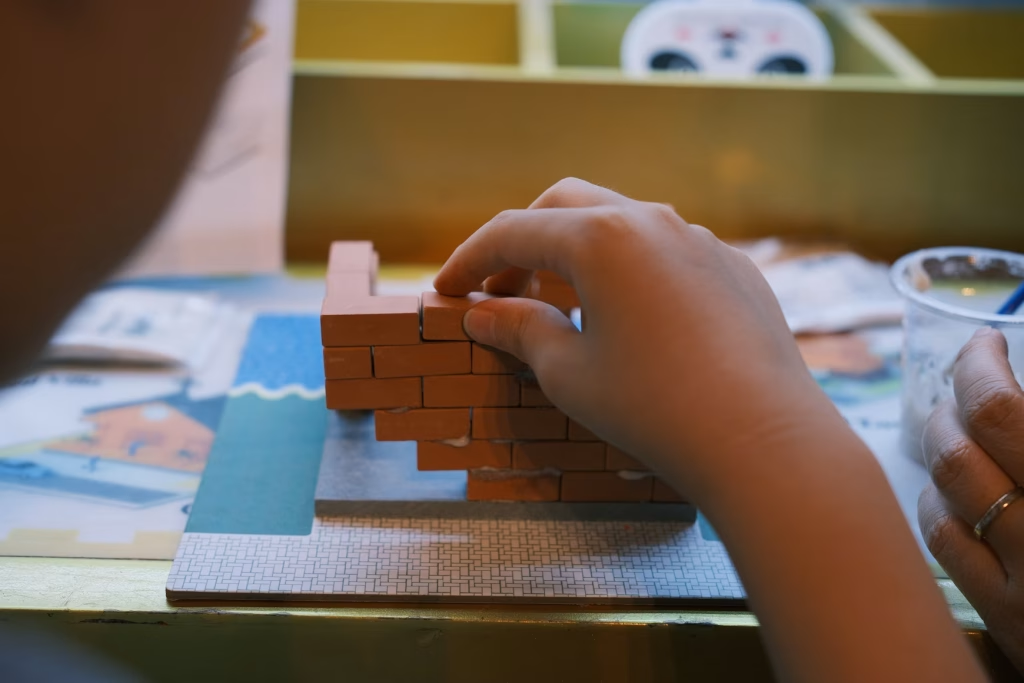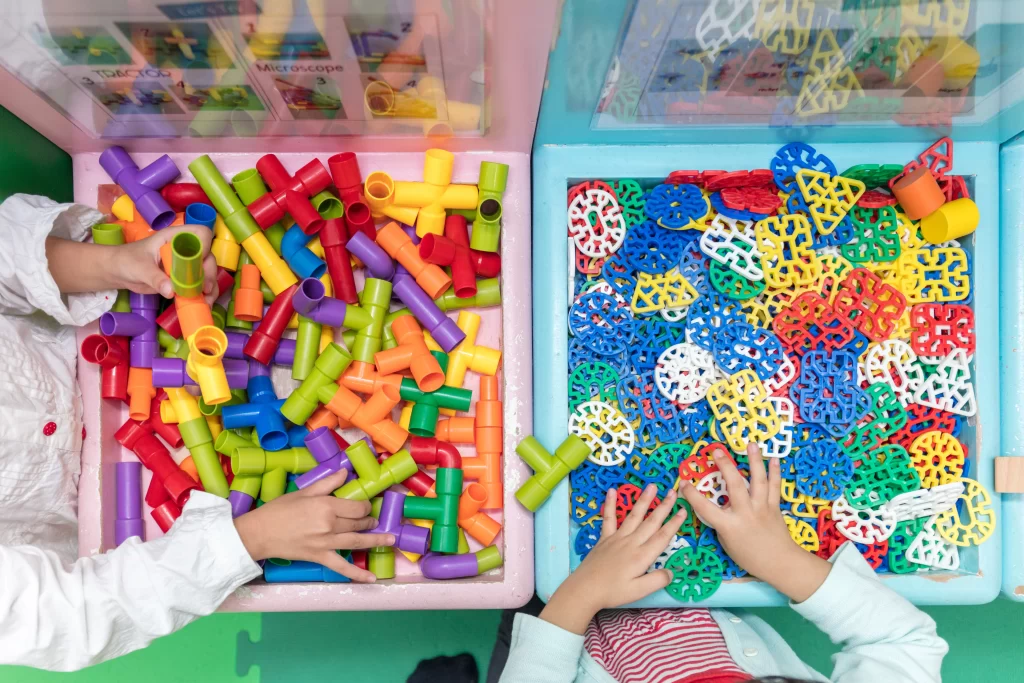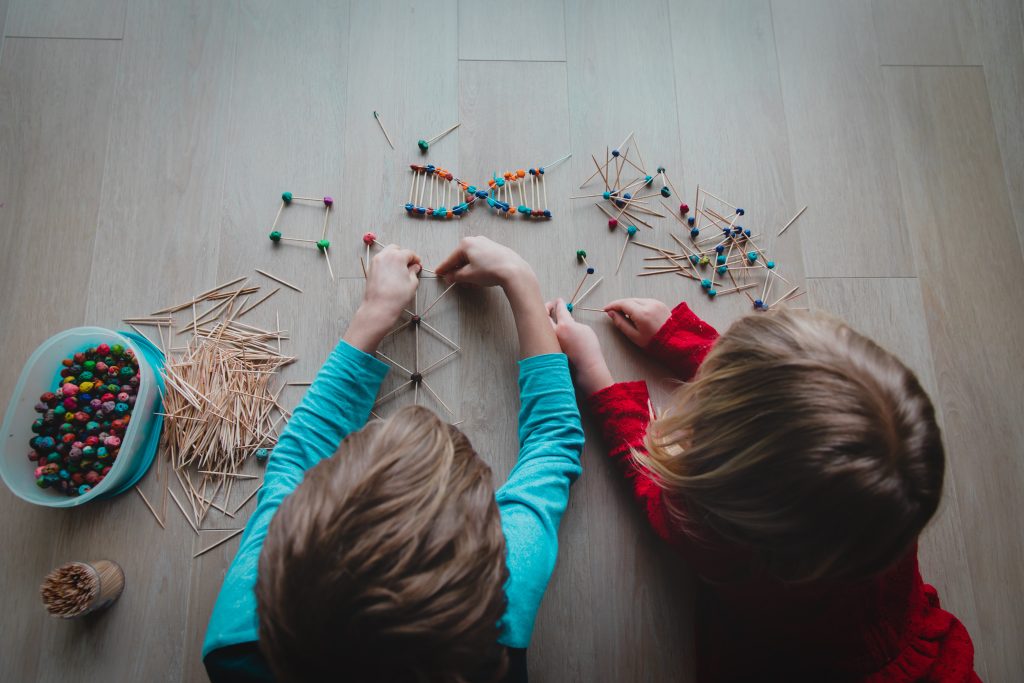
We’ve all been there—late for school, coffee still brewing, and out slips a sharp “Why can’t you just listen?” What feels like a fleeting outburst to us can echo in a child’s mind for years. Kids are listening intently, even when they appear tuned out, and our language becomes the inner soundtrack guiding how they see themselves and the world. The power of positive communication with children cannot be overstated; it nurtures healthy brains, resilient hearts, and confident identities.
Below are five key insights into why the words we choose matter—and how small shifts can make an immense difference.
1. Your Words Become Their Inner Voice
The phrases your child hears most often become the default voice in their head. Encouraging language (“You worked hard on that puzzle”) tells them they’re capable and resourceful. Labels like “lazy” or “bad” create self-doubt and shame. Over time, that inner narration guides how they handle mistakes, friendships, and goals. The takeaway: praise effort, describe behavior (not character), and correct calmly.
2. Positive Language Builds Better Brains
Kind, supportive words do more than lift spirits—they literally shape neural pathways. When children hear encouragement, the brain regions tied to learning and problem-solving light up, reinforcing curiosity and emotional balance. Harsh language triggers the brain’s stress response, flooding young systems with cortisol and making clear thinking harder. A calm tone plus constructive feedback helps their developing brains thrive.
3. Kids Believe What You Say—Especially About Themselves
Even when they roll their eyes, children absorb your opinion as fact. Call a child “helpful,” and they’re likelier to lend a hand next time. Say “troublemaker,” and they might lean into that role. It isn’t about sugar-coating reality: you can address misbehavior without attacking identity. Swap “You’re so messy” for “Let’s practice putting toys away together.” One corrects the action; the other wounds self-worth.
4. Serve, Return, and Relate
Language learning isn’t a numbers game; it’s about quality interactions. Short, back-and-forth exchanges—“serve and return”—build vocabulary faster than marathon monologues. Ask open-ended questions (“What was your favorite part of the story?”), listen actively, and respond to their ideas. These moments teach children that conversation is a two-way street and that their thoughts matter.

5. Context Is Everything for New Words
Introduce new terms while your child is already curious. Explaining “extinct” while playing with dinosaur toys sticks far better than dropping the word at dinner. Likewise, describe “frustrated” when your child is puzzling over a tricky block tower. Linking language to lived experiences anchors meaning and expands emotional literacy.
A Few Phrases That Work Wonders
| Instead of… | Try… |
| “Stop crying; it’s no big deal.” | “I see you’re upset. Want to talk about it?” |
| “Good job, you’re so smart!” | “You kept trying even when it was hard—great perseverance.” |
| “You’re always making a mess.” | “Let’s tidy this together. I’ll show you a quick way.” |
Small tweaks shift the focus from judgment to guidance, fostering cooperation rather than resistance.
You Don’t Have to Be Perfect—Just Present
Positive communication isn’t about never losing patience; it’s about recognizing the weight of your words and repairing when needed. If a harsh comment slips out, apologize. A genuine “I’m sorry I yelled; let’s try again” models accountability and teaches children mistakes can be mended.
With mindful language, every bedtime story, car-seat chat, and grocery-store pep talk becomes a mini-lesson in confidence, resilience, and empathy. Your words today shape the adults they’ll become tomorrow.
Join the Conversation
Which phrases do you rely on—or avoid—when talking with your kids? Share your experiences in the comments; your insight might spark another parent’s “aha” moment.
Read More
- How to Raise a Family and Avoid Falling Prey to Excessive Debt
- The Best and Worst Places to Raise a Family in the U.S.- Our Top 20 Revealed

Samantha Warren is a holistic marketing strategist with 8+ years of experience partnering with startups, Fortune 500 companies, and everything in between. With an entrepreneurial mindset, she excels at shaping brand narratives through data-driven, creative content. When she’s not working, Samantha loves to travel and draws inspiration from her trips to Thailand, Spain, Costa Rica, and beyond.


